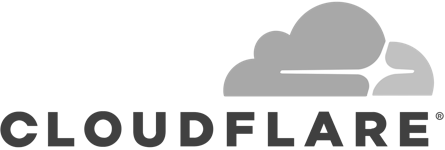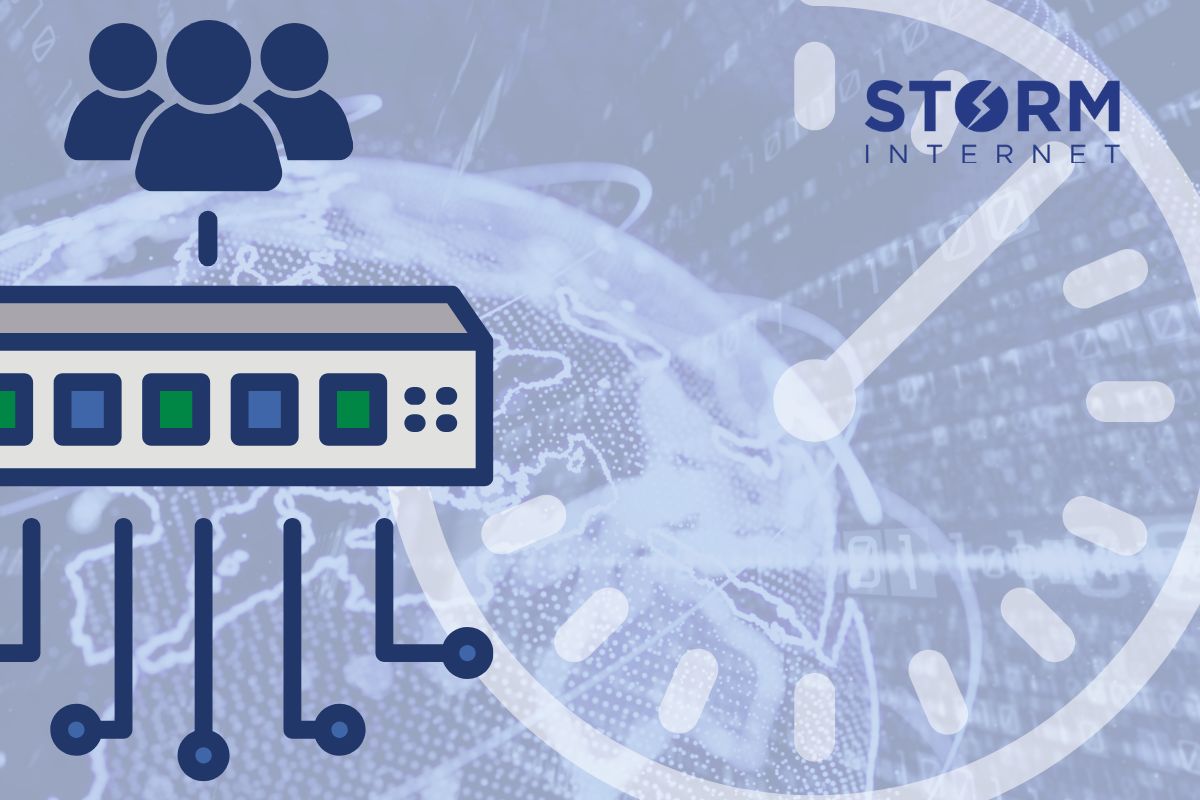Managed Hosting
How partnering with a cloud expert can help agencies win more business

About 60% of consumers, according to Twilio, say they will become repeat customers if brands offer a personalised purchasing experience. 88% of online shoppers are more likely to keep shopping on retail websites that offer personalised experiences according to Elastic. Partnering up with smaller cloud experts may provide businesses with tangible growth-focused advantages that big cloud providers can’t match.
The key lies in the flexibility of smaller service providers which enables them to adapt products and services to client needs, and even act in a consultative capacity in client meetings to provide on-tap tech expertise and service peace of mind.
Filling the skills gap
According to MordorIntelligence, the Cloud Computing Market is estimated at USD 0.68 trillion in 2024, growing by a CAGR of 16.40% until it reaches USD 1.44 trillion in 2029, suggesting growth in demand for cloud-based infrastructure. Cloud-based infrastructure provides on-demand access to computing resources businesses need to rapidly develop solutions that meet these consumer demands.
Many businesses are, however, hamstrung by a persistent lack of tech talent required to effectively manage cloud infrastructure. This is supported by a Deloitte survey of technology leaders, 90% of which said that “recruiting and retaining talent was a moderate or major challenge.”
Managed Service Providers (MSPs) therefore play a crucial role in filling the DevOps gap to provide their clients with the means to meet stakeholder and end-user expectations by ensuring application uptime, reliability, and performance, and to provide 24/7 full stack support.
This is good news for agencies that offer application hosting services as part of a reseller or partner program; the onus is on the upstream service provider to fill the DevOps role, and therefore shifts some of the technical responsibility and overhead away from the agency.
Maintaining reputation
The true cost of disruption due to downtime or data loss will vary from business to business, industry to industry. But as the Data health check survey by Databarracks shows, direct costs (revenue, wages, the cost of recovery) as a result of downtime or data loss aren’t the only cause for concern among businesses. Peter Groucutt, managing director of Databarracks, told ComputerWeekly that reputational damage can have more far-reaching consequences.
“Hidden or intangible costs, such as damage to reputation, can often outweigh the more obvious, immediate costs,” he said. According to the survey, reputational damage often presents itself as a loss of revenue further down the line.
“The problem with these intangible costs is they aren’t easy to estimate, and because they often take time to materialise, they can be excluded from calculations,” said Groucutt.
For many cloud experts the solution isn’t a quick recovery when downtime occurs, but to instead avoid downtime altogether through a practice known as ‘proactive monitoring’, whereby infrastructure as well as the hosted software and services are monitored for anomalies 24/7 by human teams and AI software.
Any detected anomalies are investigated and resolved before affecting availability or performance. This proactive approach greatly reduces the potential for downtime and data loss, can increase trust in a brand over time, and so help organisations attract new customers.
Strategic partnerships
In 2022 Deloitte released the findings of its US Future of Cloud Survey Report: Closing the Cloud Strategy, Technology and Innovation Gap. The survey contained the sentiments of 500 U.S.-based senior cloud decision-makers, 88% of which believe that the cloud is the “cornerstone of [their] digital strategy” and that organisations using “cloud as a force multiplier are noticing significant value from their cloud investments.”
Some cloud experts (like Storm Internet) offer strategic partnerships that redefine the boundaries between service provider and customer. The service provider recognises that its services play a crucial part in the customer’s business and can be leveraged to help the customer obtain new business. As such, the cloud expert can:
- Provide the agency with marketing material the agency can use during pitches and presentations
- Join the agency in pitches in a consultative role to answer any hosting-related questions
Cloud experts with the appropriate credentials can enhance an agency’s reputation, instilling confidence and trust in potential clients. It signals that the agency is serious about delivering high-quality, professional services.
Conclusion
In an era where technology drives business success, partnering with a cloud expert is becoming a strategic necessity. Agencies that embrace this collaboration stand to win – not only by gaining additional technical prowess, but also a competitive edge in client acquisition and service delivery.
When the unique blend of expertise, innovation, and proactive solutions offered by cloud partners is leveraged, agencies can not only navigate but also lead in the digital landscape, turning potential challenges into opportunities for growth and customer satisfaction. The fusion of agency goals with cloud expertise is the catalyst for future-proofing business success in the rapidly evolving digital world.
Speak with a Storm Expert
Please leave us your details and we'll be in touch shortly
A Trusted Partner








